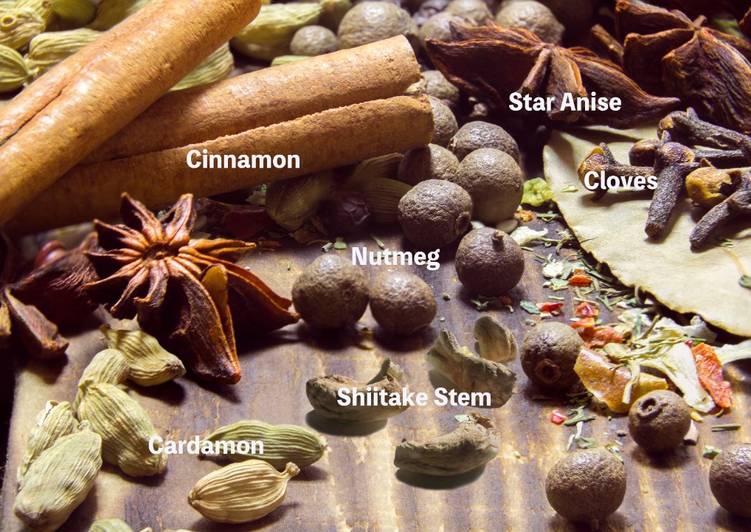How to use Shiitake stems in the tastiest way possible. How to use Shiitake stems in the tastiest way possible The most delicious part of Shiitake mushrooms is the stem. Wild monkeys are known as messy eaters of Shiitake, and the way they eat it is to pull the stem off the cap and chew the base of the stem—the most delicious part—and throw away the rest. You can substitute dried shiitake mushrooms for fresh, bearing in mind that they may take longer to cook.
 Slice up a baguette and toast or bake the slices until crisp.
If you toast the slices in the oven, be sure to toast both sides, just as you would for normal bruschetta.
Slice or chop, then sauté Shiitake mushrooms in butter.
You can cook How to use Shiitake stems in the tastiest way possible using 2 ingredients and 4 steps. Here is how you cook it.
Slice up a baguette and toast or bake the slices until crisp.
If you toast the slices in the oven, be sure to toast both sides, just as you would for normal bruschetta.
Slice or chop, then sauté Shiitake mushrooms in butter.
You can cook How to use Shiitake stems in the tastiest way possible using 2 ingredients and 4 steps. Here is how you cook it.
Ingredients of How to use Shiitake stems in the tastiest way possible
- It's 10 g of dried Shiitake stems.
- Prepare 1 of -liter water.
Cover the bread with your favorite soft cheese (brie, gorgonzola, stilton, and goat's cheese are all tasty choices). Directions: Make sure Shiitake stems are thoroughly cleaned and rinsed. Place stems in a metal drying rack over a baking sheet lined with a layer of paper towels. This is also the reason they are the second most cultivated mushrooms after button mushrooms.
How to use Shiitake stems in the tastiest way possible step by step
- Place the dried Shiitake stems in water for a while and remove any dirt when it becomes soft..
- Place the stems in the water mentioned in the ingredients and leave in the fridge overnight..
- Strain using a tea-strainer or equivalent, and use in cooking..
- Dried Shiitake produced in Japan are pesticide-free, so Shiitake stem dashi will last as long as an opened carton of milk..
The stems of shiitake mushrooms are too fibrous to eat, but they still pack a lot of flavor. Just a few stems can infuse a broth with rich flavors and earthy aromas. The stems are especially good in vegetable and broth-based soups (as opposed to thick stews). I use them to flavor broth-based soups. They are still too fibrous to eat, so if you're not straining the soup/broth, you'll need to manually remove them.